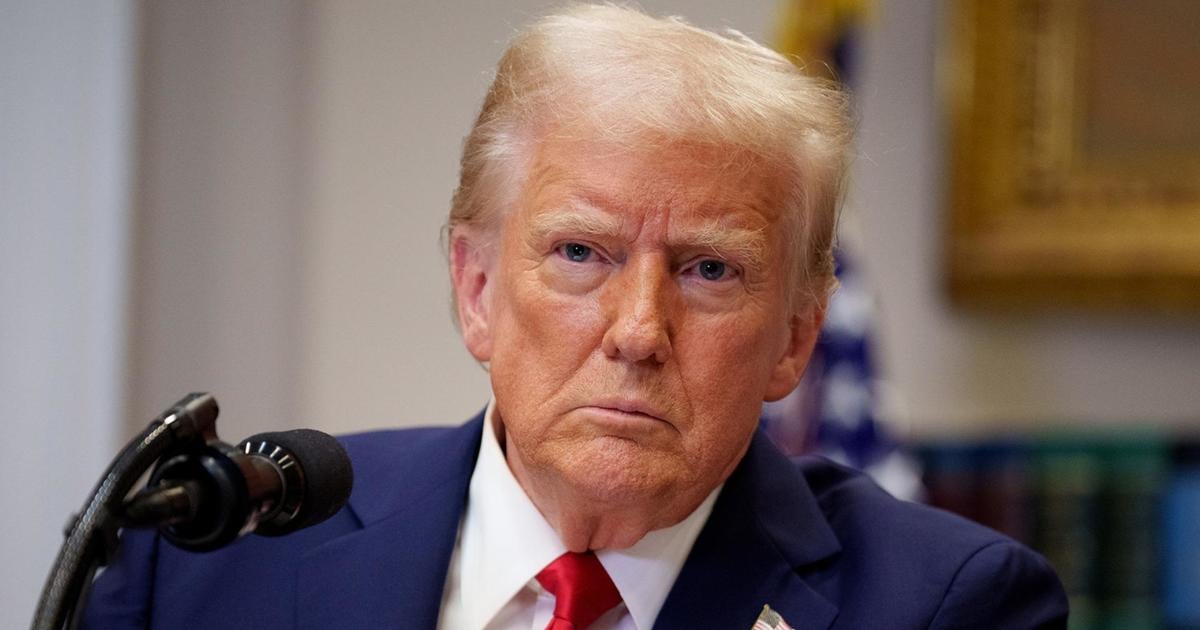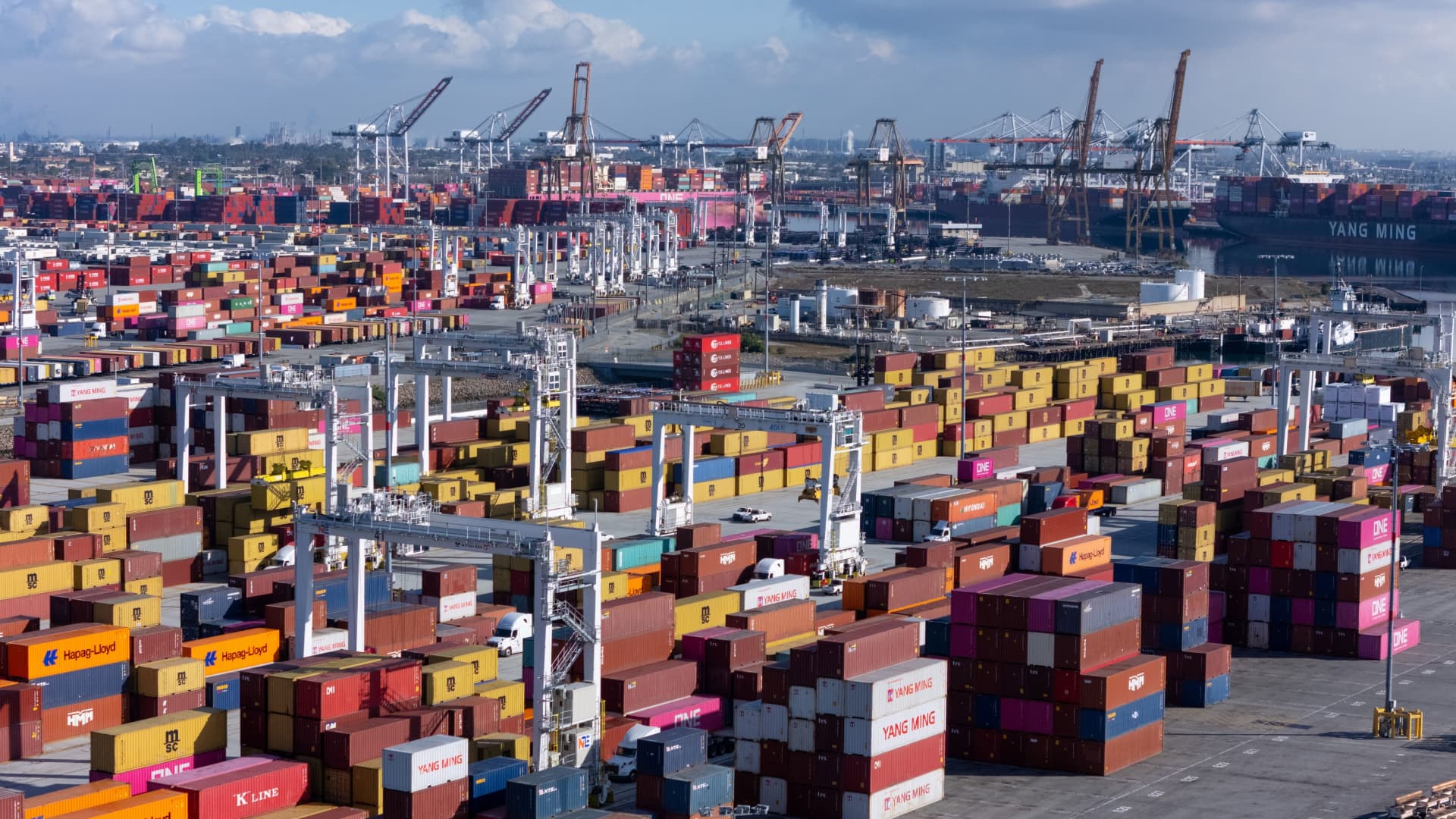Trade War Tensions Rise as Trump Targets Canada, Mexico, and China with New Tariffs
In a significant development that has sent ripples through global markets, President Trump has announced new tariffs specifically targeting Canada, Mexico, and China. This latest move is emblematic of the ongoing trade war tensions that have characterized his administration’s foreign policy. The implications of these tariffs are profound, potentially reshaping economic relations not just between the United States and these countries, but also influencing the broader international trading landscape.
Understanding the New Tariffs
The new tariffs, which are expected to be steep, are framed as a necessary measure to protect American jobs and industries. President Trump has long criticized what he perceives as unfair trade practices by these countries, arguing that they undermine U.S. economic interests. The tariffs could range from 10% to as high as 25%, depending on the goods affected. This is a continuation of a strategy that has already seen tariffs imposed on a variety of imports, sparking retaliatory measures from affected nations.
The target goods include a wide array of products, from agricultural commodities to manufactured goods. This broad approach suggests that the Trump administration is willing to escalate tensions significantly, especially with China, which has been a focal point in the trade war narrative.
Economic Implications of the Tariffs
Economists and market analysts warn that the introduction of new tariffs can lead to several adverse economic consequences:
- Increased Costs for Consumers: Tariffs typically lead to higher prices for imported goods. As companies pass on these costs to consumers, everyday items could become more expensive.
- Retaliation from Targeted Countries: Countries like Canada, Mexico, and China have shown a readiness to retaliate. This could lead to a tit-for-tat escalation, further complicating trade relations.
- Impact on U.S. Exports: As tariffs increase on imports, the targeted countries may impose their own tariffs on U.S. exports, harming American businesses that rely on foreign markets.
- Market Volatility: The uncertainty created by these tariffs can lead to volatility in stock markets, affecting investments and retirement savings.
The Political Landscape
This tariff announcement comes at a time of heightened political tension, not only domestically but also internationally. The Trump administration has positioned itself as a champion of American workers, appealing to its base that is concerned about job losses in manufacturing and other sectors due to globalization.
However, this strategy has faced criticism from various quarters, including economists who warn that such protectionist policies could backfire. The Democratic opposition has condemned the move, arguing that it could lead to job losses in industries reliant on exports and increased prices for consumers. Even within his own party, there is concern about the long-term implications of a trade war.
Global Reactions to U.S. Tariffs
The response from Canada, Mexico, and China has been one of strong condemnation. Canadian Prime Minister Justin Trudeau has reiterated that Canada will defend its economic interests and has hinted at potential retaliatory measures. Similarly, Mexican officials have expressed their disappointment, emphasizing the importance of the trade relationship under the United States-Mexico-Canada Agreement (USMCA).
China, on the other hand, has indicated that it will respond in kind, leading to fears of a broader escalation in tariffs that could affect not just the U.S. and China, but the entire global economy. The interconnectedness of modern economies means that a trade war involving these major players could have far-reaching consequences.
Long-term Economic Effects
While the immediate effects of these tariffs are concerning, the long-term implications could be even more significant. A prolonged trade war may lead to:
- Supply Chain Disruptions: Many businesses rely on international supply chains. Tariffs can disrupt these operations, leading to delays and increased costs.
- Shift in Trade Alliances: Countries may seek to forge new trade partnerships as they react to U.S. policies, leading to a reconfiguration of global trade relationships.
- Innovation Stifling: Tariffs can discourage innovation as companies focus on survival rather than growth, impacting long-term economic dynamism.
The Optimistic Perspective
Despite the daunting prospects, there are some who argue that these tariffs could lead to beneficial changes in the long run. Advocates of protectionism suggest that by imposing tariffs, the U.S. can encourage domestic manufacturing and reduce dependence on foreign goods. This could lead to job creation in certain sectors.
Furthermore, some economic analysts believe that the pressure from tariffs could prompt countries like China to engage in more fair trade practices, potentially benefiting American companies in the long term. The hope is that through negotiation and pressure, a more balanced trade relationship can be established.
Conclusion: Navigating Uncertain Waters
As trade war tensions rise with President Trump’s new tariffs targeting Canada, Mexico, and China, the landscape of international trade is on the brink of significant change. While the immediate effects may be painful for consumers and industries reliant on exports, there is a possibility that these measures could lead to a rethinking of trade practices and stronger domestic industries.
However, the path forward is fraught with uncertainty, and the potential for retaliation could escalate tensions further. It is crucial for policymakers to tread carefully, balancing the need to protect American interests with the importance of maintaining healthy trade relationships. The coming months will be pivotal in determining the direction of U.S. trade policy and its global implications.
See more CCTV News Daily



